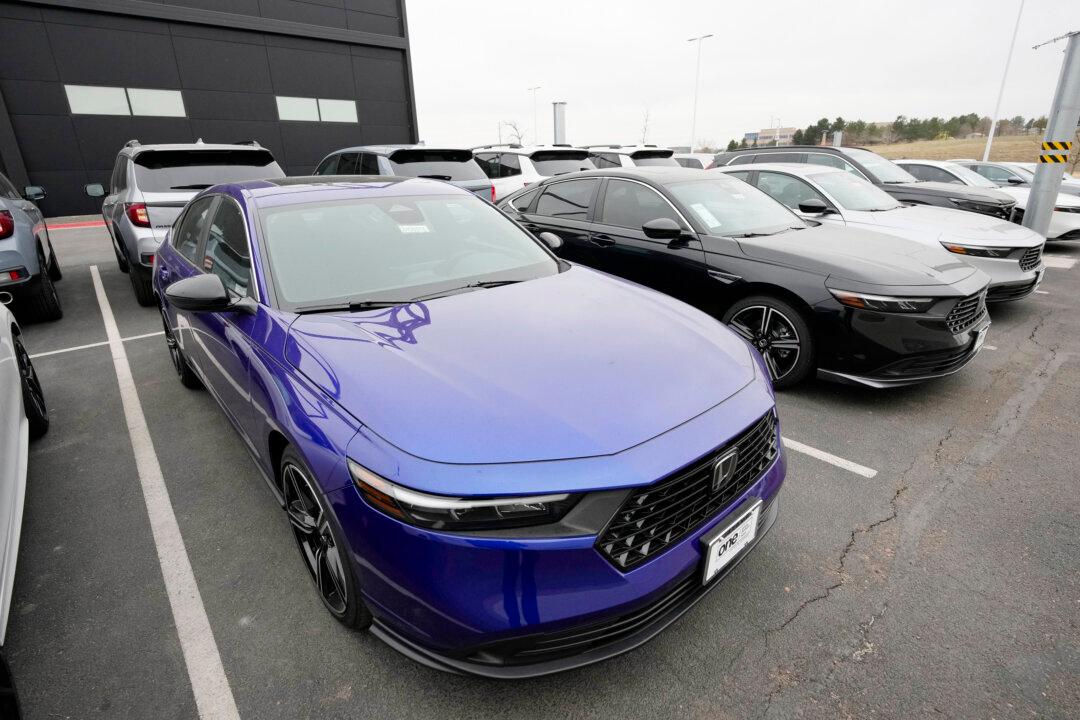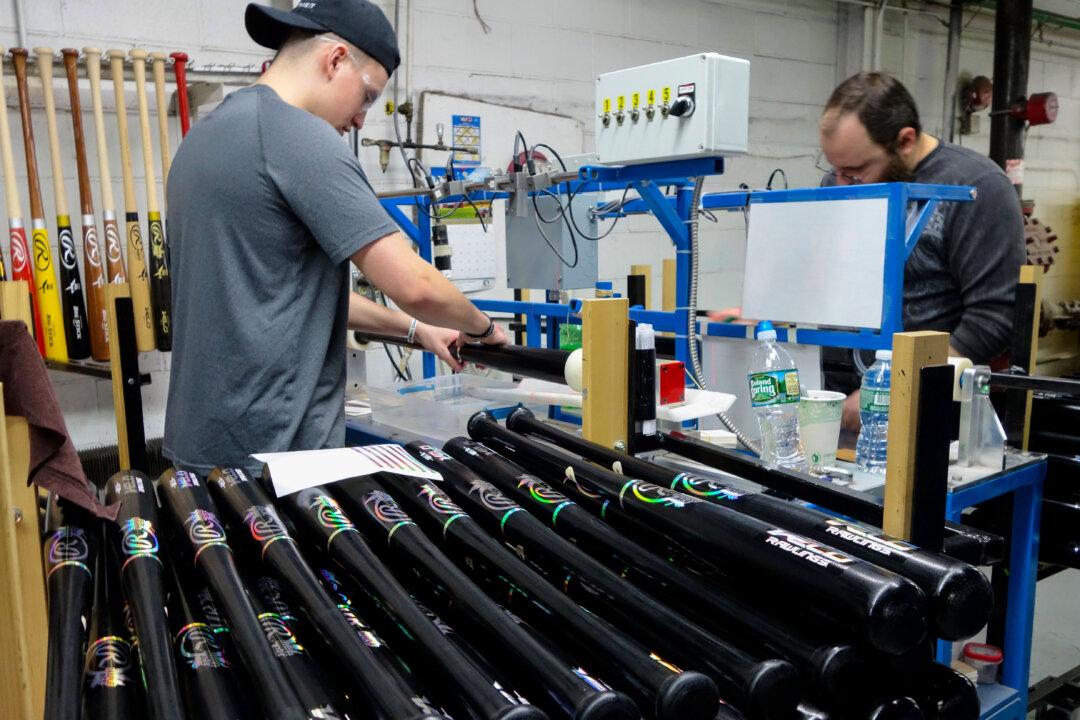In 1964, General Motors (GM) launched station wagons for its Chevy, Pontiac, Olds, and Buick brands equipped with their new midsized platforms. By 1976, almost a million station wagons were bought in the United States, representing 10 percent of all vehicles sold that year. However, trend-conscious and fickle American auto buyers grew bored with the bulky family wagons by the 80s. The last station wagon sold in the United States (Volvo) was eventually discontinued in 2023. So, with GM announcing it will stop making its last sedan, the Malibu, in 2024, have we seen the end of another line of vehicles trusted by consumers in the United States for decades?
“I don’t think they’re coming back,” Karl Brauer, executive analyst for iSeeCars.com, told The Epoch Times. “The genie is out of the bottle. Sedans have compromised visibility, and some SUVs are actually easier to park. People realized that when you get an SUV, you sit higher, they’re easier to get in and out of, you have more headroom and interior space, and you can carry cargo inside. The [Toyota] Camry, [Honda] Accord, [Hyundai] Sonata, and [Kia] K5 [all manufactured outside of the United States] are what we have left and your most likely long-term survivors.”





